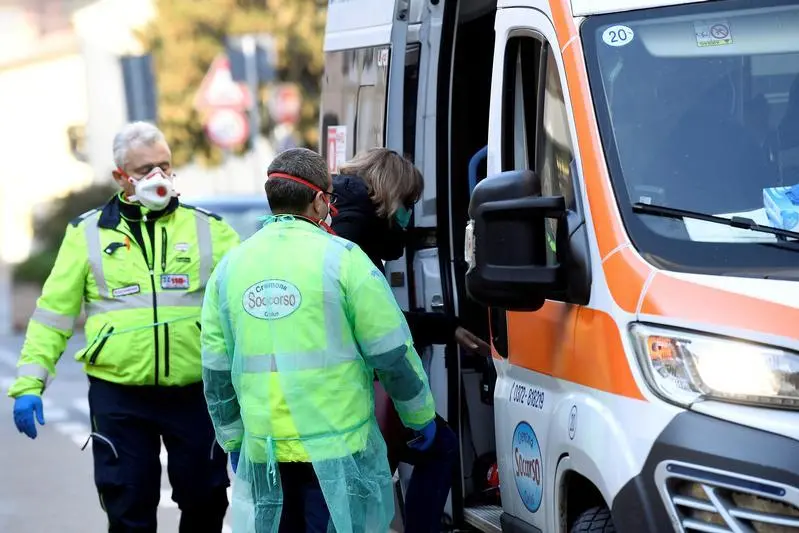PHOTO
MILAN - Italy has become a test tube for a western country’s ability to contain viruses. The government in Rome has locked down towns, shut schools and banned gatherings in the wealthy north – including the financial capital of Milan - to stem a surge of coronavirus infections. That risks hurting growth in Europe’s industrial core. It’s also an experiment in how far democratic economies can push draconian measures.
With more than 200 confirmed cases as of Monday, and four deaths, Italy has become the European country most affected by the potentially lethal Covid-19 disease. That’s a tiny fraction of the nearly 77,000 cases reported in China, the epicentre of the crisis. Yet the rapid rise in infections has rightly prompted Prime Minister Giuseppe Conte’s government to introduce sweeping measures.
Italy is no stranger to health emergencies. Severe epidemics are embedded in its rich culture. Alessandro Manzoni’s novel “The Betrothed” depicts the outbreak of plague in Milan in the 17th century and the cruel manhunt for the source of the disease. The racy storytellers of Giovanni Boccaccio’s “Decameron” hide in a villa outside Florence to escape a 1348 outbreak of the same disease.
Yet the latest crisis comes at a difficult moment. The euro zone’s third-largest economy contracted in the final quarter of 2019, and the government expects GDP to grow a meagre 0.6% this year. Though the strict quarantine affects around 50,000 people, a one-week ban on public activities including concerts at La Scala of Milan and Venice’s Carnival affects tens of millions. The northern region of Lombardy alone generates around a fifth of national output and nearly a third of exports. The 4% drop in Italian stocks on Monday morning reflects fears of a severe slowdown.
Unlike China, which has imposed unprecedented restrictions, Italy operates within the limits of its democratic system. The measures approved by decree at the weekend must be confirmed by parliament. The risk is that policies which impinge on personal liberties and hurt businesses and consumers trigger a backlash against Conte’s already frail government. An extended outbreak could also test the free movement of people and goods to bordering European countries. That makes Italy a petri dish for fighting viruses in western democracies.
CONTEXT NEWS
- Italian authorities said on Feb. 24 the number of people affected by the new coronavirus, known as SARS-CoV-2, had risen to more than 200 from just three before Feb. 21, making it Europe’s most affected country. The number of deaths totals four.
- The cases are mostly in the wealthy northern regions of Lombardy and Veneto, where around a dozen towns with a combined population of about 50,000 have effectively been placed under quarantine. Authorities also banned public gatherings and halted the carnival in Venice.
- China has so far reported a total of 76,936 cases of the disease caused by Covid-19, including 2,442 deaths.
- Italian stocks tumbled, with the FTSE MIB benchmark index falling 4% by 0850 GMT on Feb. 24. Italian 10-year government bonds fell by 0.75%.
(Editing by Peter Thal Larsen and Karen Kwok)
© Reuters News 2020




















